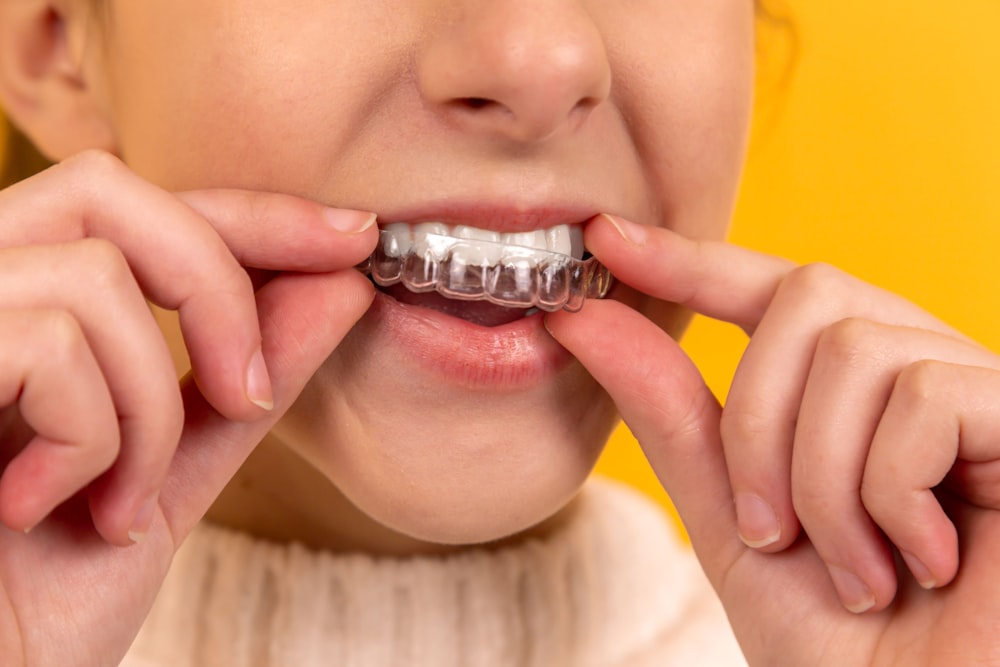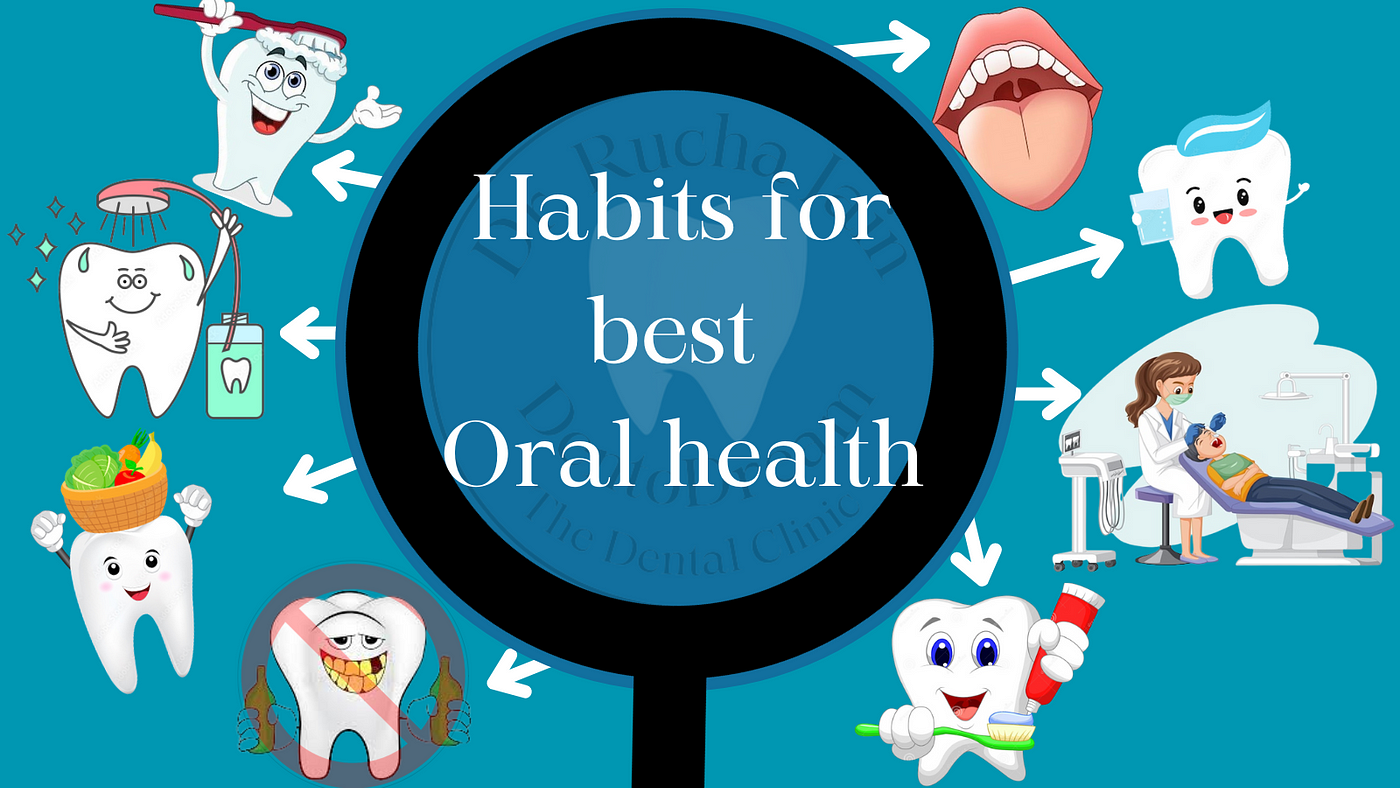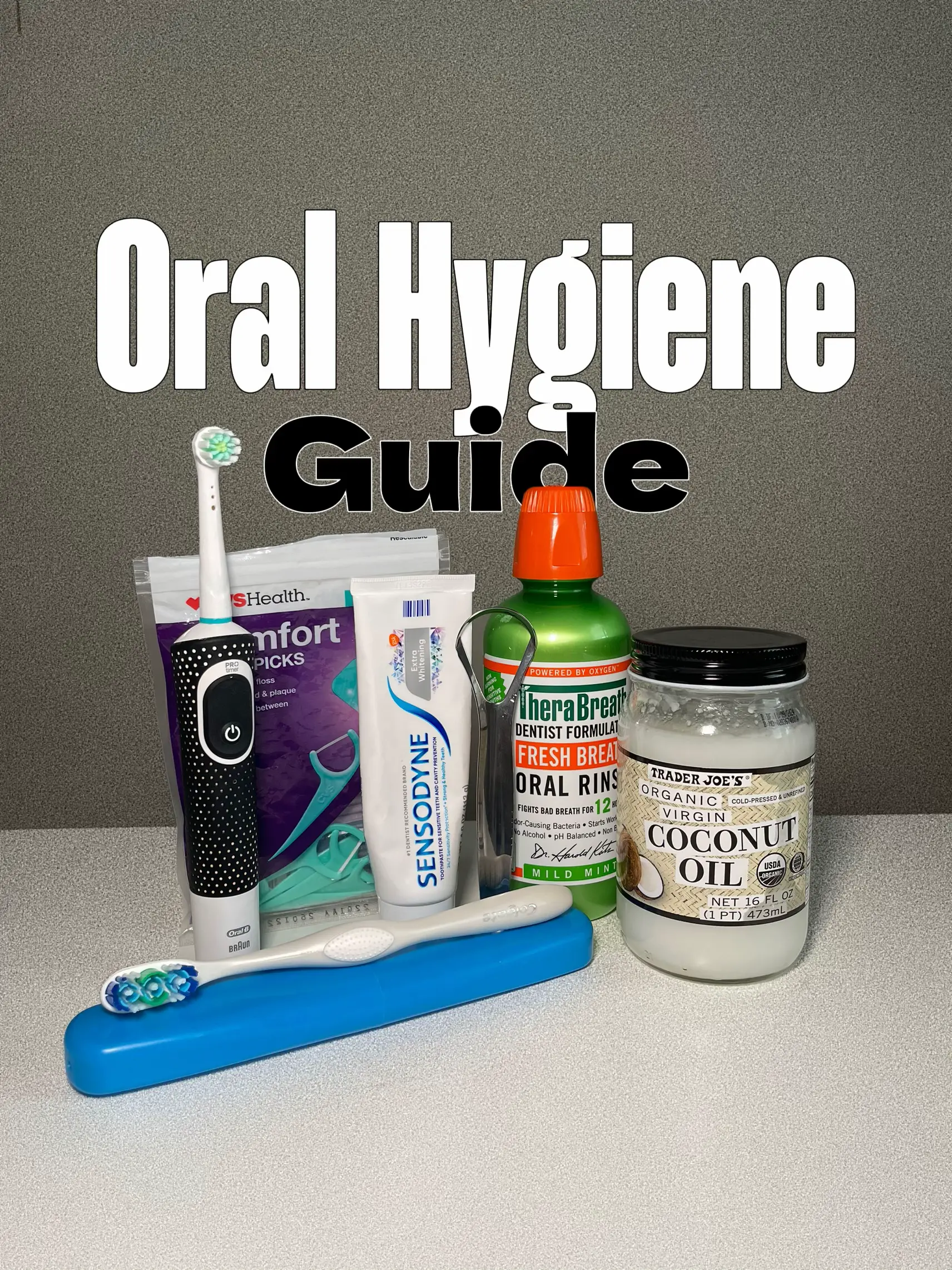
Bright Smiles: Tips for Optimal Teeth Health
Maintaining optimal teeth health is fundamental for a bright smile and overall well-being. From daily oral hygiene practices to professional dental care, adopting a comprehensive approach ensures your teeth remain strong, healthy, and radiant throughout your life.
Importance of Daily Oral Hygiene
The foundation of teeth health lies in daily oral hygiene practices. Brushing your teeth twice a day with fluoride toothpaste helps remove plaque and prevents cavities. Additionally, incorporating flossing into your routine cleans between teeth and along the gumline, reducing the risk of gum disease.
Choosing the Right Toothbrush and Toothpaste
Selecting the right toothbrush and toothpaste is crucial for effective oral care. Opt for a soft-bristled toothbrush to avoid damaging enamel and sensitive gums. Fluoride toothpaste strengthens enamel and helps prevent tooth decay. Consulting your dentist for personalized recommendations ensures you’re using products suitable for your dental needs.
Balanced Diet for Strong Teeth
A well-balanced diet contributes to overall health, including the health of your teeth. Incorporate calcium-rich foods like dairy products, leafy greens, and almonds to promote strong teeth and bones. Limit sugary snacks and beverages, as excessive sugar can lead to tooth decay.
Regular Dental Check-ups and Cleanings
Professional dental check-ups and cleanings are essential components of maintaining teeth health. Regular visits to the dentist allow for the early detection of potential issues, such as cavities or gum disease. Professional cleanings remove stubborn plaque and tartar, preventing dental problems and enhancing the overall appearance of your smile.
Avoiding Harmful Habits
Certain habits can have a detrimental impact on teeth health. Avoid smoking, as it not only stains teeth but also contributes to gum disease and oral cancer. Additionally, be cautious of teeth-grinding, a habit that can lead to enamel erosion and jaw discomfort. Using a mouthguard at night may help protect your teeth if you grind them during sleep.
Proper Brushing Technique
While brushing is a routine activity, using the correct technique is crucial. Brush your teeth for at least two minutes, covering all surfaces – front, back, and chewing surfaces. Hold the toothbrush at a 45-degree angle to your gums to ensure thorough cleaning. Gentle circular or back-and-forth motions are effective in removing plaque.
Understanding the Impact of Sugary Beverages
Sugary beverages pose a significant risk to teeth health. The acids and sugars in sodas and fruit juices can erode enamel and contribute to cavities. If you indulge in these beverages, use a straw to minimize contact with teeth, and rinse your mouth with water afterward.
Proactive Measures for Gum Health
Healthy teeth are closely tied to gum health. Gingivitis, an early stage of gum disease, can be prevented by maintaining good oral hygiene. Gently brush along the gumline and consider using an antiseptic mouthwash to reduce bacteria. If you notice signs of gum disease, such as bleeding or swelling, consult your dentist promptly.
Teeth Health Across the Lifespan
Teeth health is a lifelong commitment that evolves with age. Children, adults, and seniors have unique dental needs. Pediatric dentistry focuses on early oral care, while adults may deal with issues like cavities and gum disease. Seniors may face challenges such as tooth loss and oral health conditions related to aging.
To learn more about maintaining optimal teeth health, visit studentals.net. Explore comprehensive resources and insights to support your journey toward a bright, healthy smile. Prioritize your teeth health today for a radiant and confident tomorrow.






